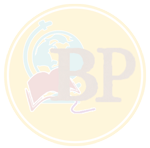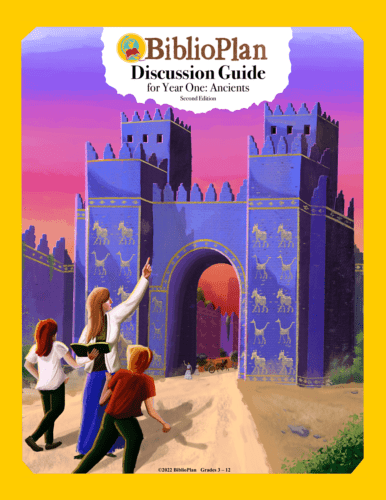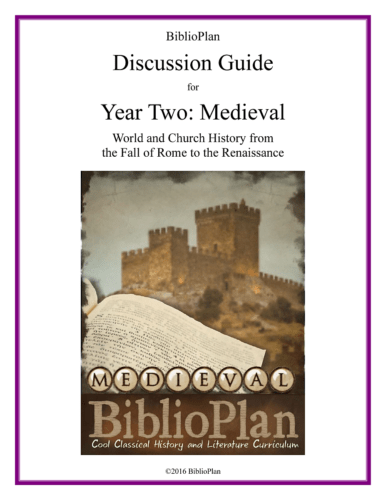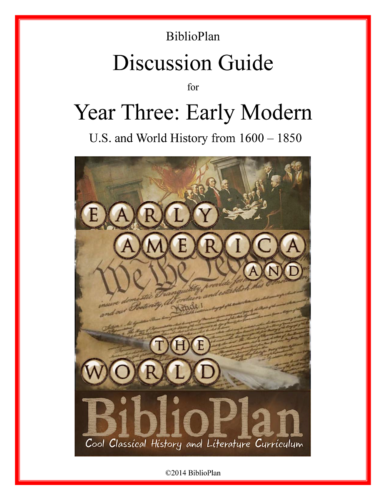Get to Know BP Discussion Guides
BP Discussion Guides help parents, teachers and students get the most out of the time they spend together. Discussion can be as essential as writing, for both require students to organize their thoughts and wrestle with their beliefs. Family discussions around the dinner table can be the perfect arena for parents to share their faith with their children. Classroom discussions can be the most inspiring part of any school day.
Most of the material in our Discussion Guides falls into one of two categories:
- Review: Succinct summaries to help parents and teachers hit the high points of each section without having to reread the entire text.
- Discussion Starters: Thought-provoking questions for each of three learning stages: grammar, logic and rhetoric.
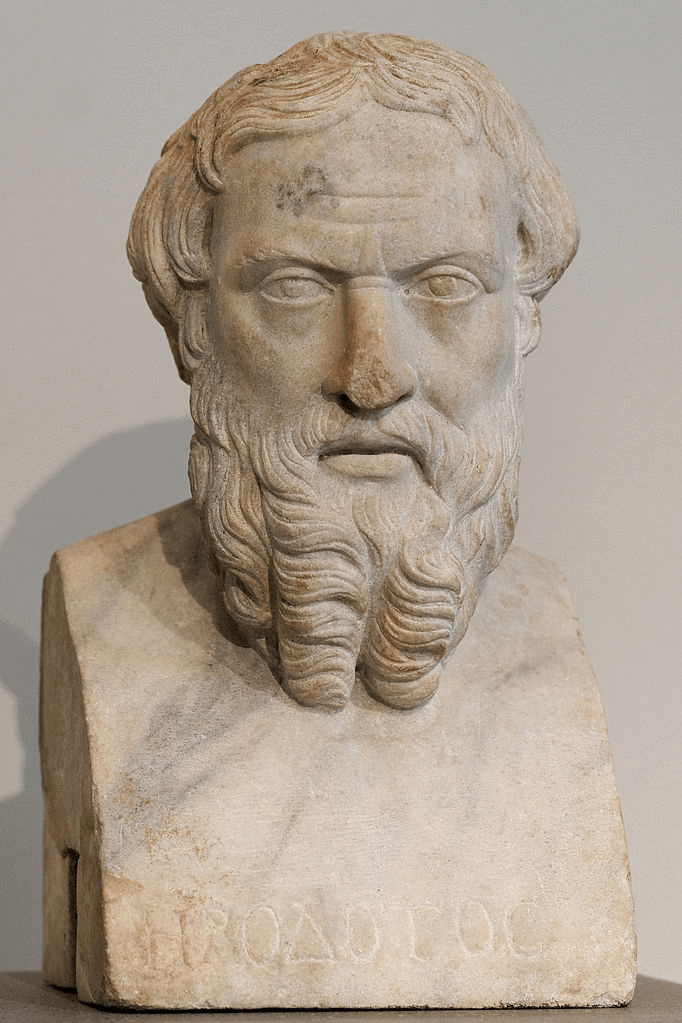
Click the covers to see Discussion Guide sample pages:
FAQ about BP Discussion Guides
Why Discussion Guides?
- Because they help you dig deeper. Workbooks tend to focus on the Five Ws: who, what, where, when and why. Discussion Guides broaden your focus by asking deeper questions—the kind that start with “In your opinion…” or “Imagine…”
- Because they help you add Christian Worldview to your history lessons. Our Discussion Guides are full of hypothetical questions that have no place in a textbook, but have every place in a discussion. They range from simple logic to complex Socratic questions. Asking questions like these forces students to grapple with what they believe.
- Because they make great props for parents and teachers. Discussion Guides help you remember what’s in the text without having to reread it all.
What grade levels do BP Discussion Guides fit best?
The Discussion Guide fits Consider the Years / Companion readers best, but can also be useful for Remember the Days readers.
How many Discussion Guides do I need?
Usually just one per family or classroom.
